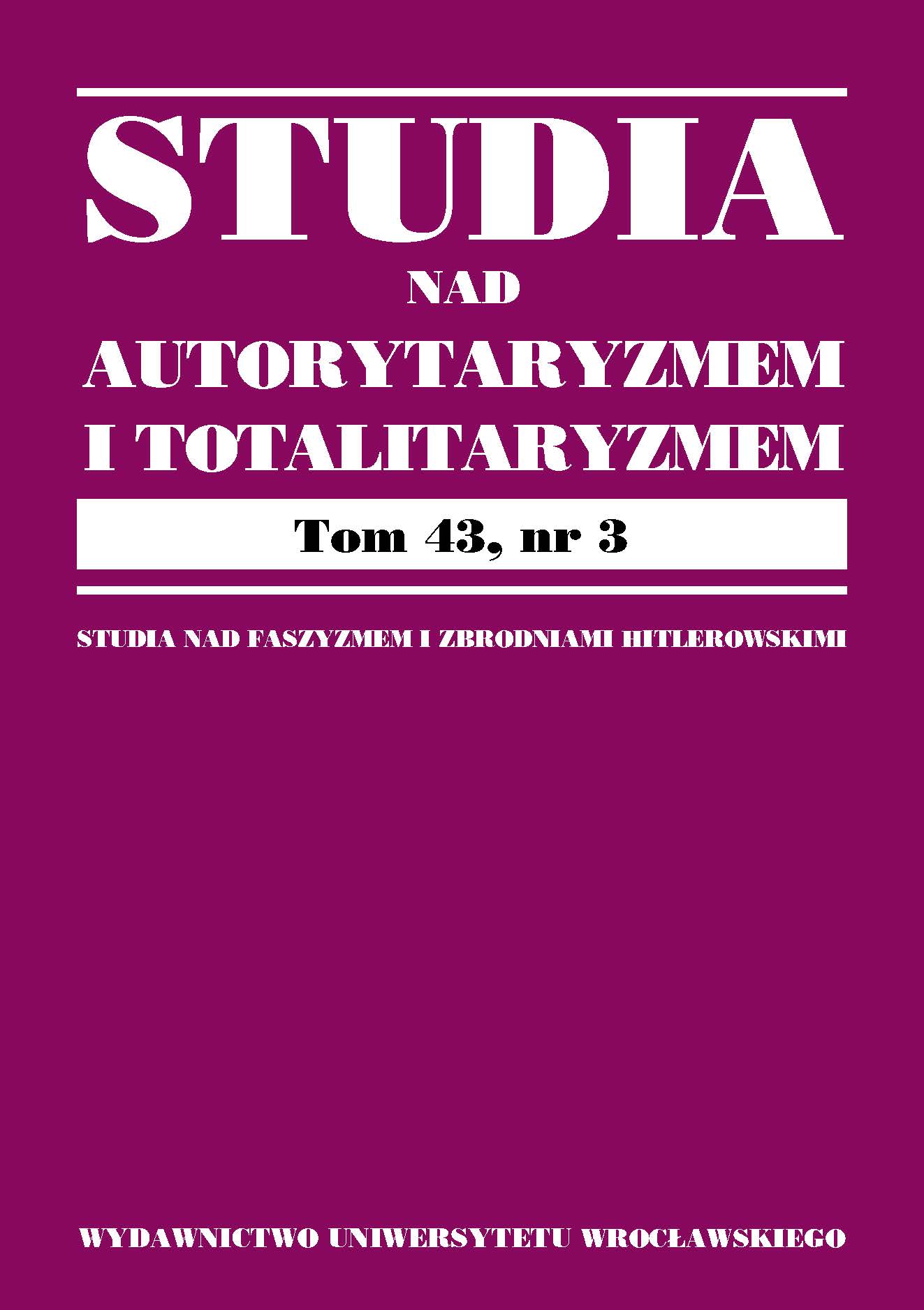

Articles

The scope of judicial review regarding the application of administrative law in the authoritarian Polish People’s Republic (Polska Rzeczpospolita Ludowa — PRL) was limited. The reason for this is obvious: resolving disputes between executive power (public administration) and individuals in PRL by courts functioning in honest and effective way would be an “obstruction” of the tasks executed by the communist state. The Supreme Administrative Court was reactivated in the last stage of PRL’s functioning in 1980, following the model of interwar tradition. The paper offers an analysis of judicial-administrative review in PRL in the field of university admissions.
Organization and functioning of the authoritarian PRL exerted an influence on the way judicial review of public administration operated. Administrative justice reactivated in 1980 was submitted to organizational and jurisdictional limitations, as the created Supreme Administrative Court was a one-instance institution with limited jurisdiction, filled with only nine judges. Still, reactivating administrative justice began the process of restoring the proper place for freedoms and individual rights against the state, including the right to attend higher education schools.
The analysis of the chosen case has allowed to identify some significant interconnected processes and phenomena in the judicial-administrative review in the declining stage of PRL within the whole domain of administrative law. One example is public administration striving for avoiding judicial review by taking a position that settlement of an administrative matter by the university is not an administrative decision. Another example is regulation of individual freedoms and rights by a multi-layered unstable system of legal sources, including: law on higher education, order of the Minister for Science, Higher Education and Technology, and non-published guidelines from the Minister of Health and Social Welfare of 21 May 1981 on admission principles and procedure of full-time studies at medical universities.